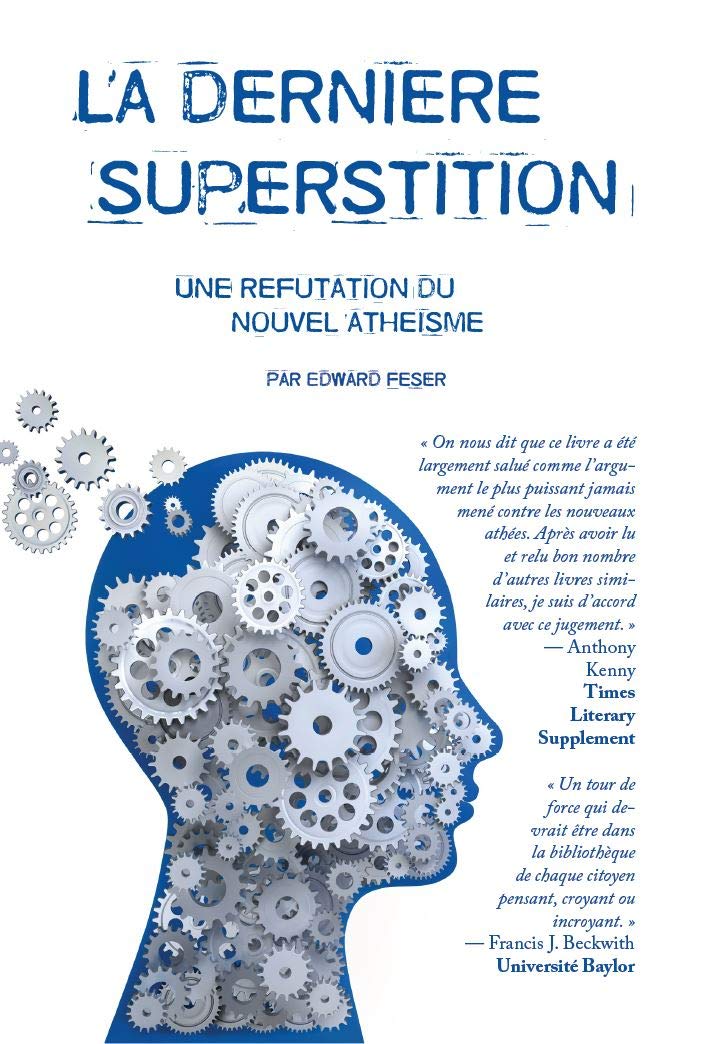What do you think?
Rate this book


290 pages, Kindle Edition
First published October 13, 2008
None of the concepts we apply to this world, including to ourselves, apply to God in anything but an analogous sense. Hence, for example, we may say that God is “personal” insofar as He is not less than a person, the way an animal is less than a person. (p. 88)
"But the immaterial nature of these things entails that the intellect which grasps them must itself be immaterial as well. How so?
Consider first that when we grasp the nature, essence, or form of a thing, it is necessarily one and the same form, nature, or essence that exists both in the things and in the intellect. The form of triangularity that exists in our minds when we think about triangles is the same form that exists in actual triangles themselves; the form of 'dogness' that exists in our minds when we think about dogs is the same form that exists in actual dogs; and so forth. If this weren't the case, then we just wouldn't really be thinking about triangles, dogs, and the like, since to think about these things requires grasping what they are, and what they are is determined by their essence or form. But now suppose that the mind is a material thing--some part of the brain, or whatever. Then for these forms to exist in the intellect is for the form to exist in a certain material thing. But for the form to exist in a certain material thing is just for that material thing to be the kind of thing the form is a form of; for example, for the form of 'dogness' to exist in a certain parcel of matter is just for that parcel of matter to be a dog. And in that case, if your intellect was just the same thing as some part of your brain, it follows that a part of your brain would become a dog whenever you thought about dogs. 'But that's absurd!' you say. Of course it is; that's the point. Assuming that the intellect is material leads to such absurdity; hence the intellect is not material." (Feser, The Last Superstition, p. 124).